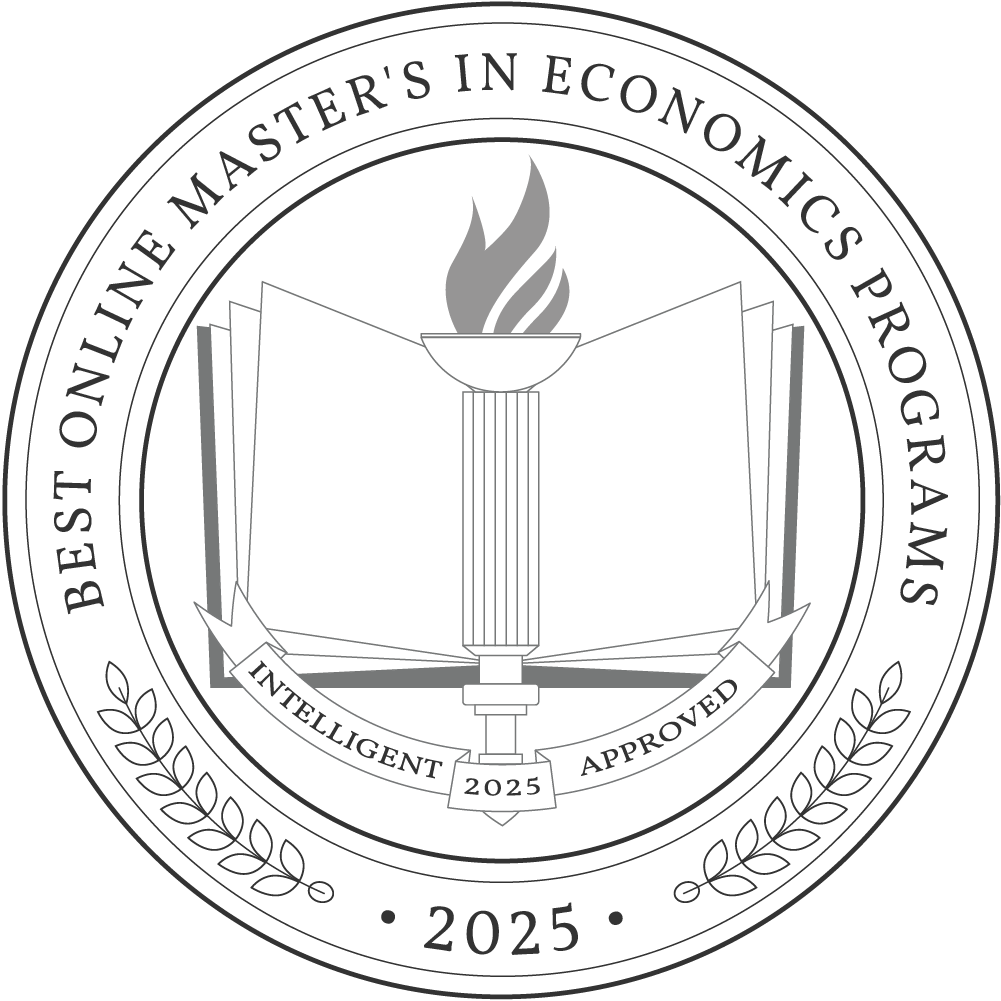Economics is concerned with producing, consuming, and transferring wealth within and between countries. Economists study and provide valuable context for gender and income inequality, taxes, trade, and government spending. Individuals interested in pursuing careers in economics should consider obtaining their graduate credentials, as most professional opportunities prefer candidates with a master’s degree.
The total tuition for an online master’s in economics program typically ranges from $15,000 to $50,000. This cost varies depending on your residency status and whether the institution is public or private. If attending as a full-time student, you can complete the required coursework within one to two years.
Graduates of an online economics program qualify for economist, data scientist, and financial analyst roles. Government, private, and international sectors seek qualified candidates to fill these positions. According to Bureau of Labor Statistics data, economists earn an average salary of over $110,000 per year.
We interviewed Michelle Pickett, director of Northern Illinois University’s Academic Advising Center, for guidance on finding the right online master’s in economics degree program and exploring potential career paths.
Why Trust Us
The Intelligent.com Higher Education Team is dedicated to providing students with independent, equitable school and program rankings and well-researched resources. Our expert-driven articles cover topics related to online colleges and programs, paying for school, and career outlooks. We use data from the U.S. Department of Education’s College Scorecard, the National Center for Education Statistics, and other reputable educational and professional organizations. Our academic advisory team reviews content and verifies accuracy throughout the year for the most current information. Partnerships do not influence rankings or editorial decisions.
- Analyzed over 2,000 national, accredited, and nonprofit colleges and universities
- 800+ rankings pages are reviewed and updated yearly
- Content is informed by reputable sources, surveys, and interviews with academic advisors and other experts
- Over 100 data points are reviewed for accuracy and quality throughout the year, including sources
How we rank schools
Our list features the best online Master’s in Economics degree programs at top colleges nationwide. Each school featured is a nonprofit, accredited institution — either public or private — with a high standard of academic quality for post-secondary institutions.
We evaluated each school’s program on tuition costs, admission, retention and graduation rates, faculty, reputation, and the student resources provided for online students. We collected data from trusted sources like the National Center for Education Statistics, individual school and program websites, school admissions counselors, and other data sources. Then, we calculated the Intelligent Score on a scale of 0 to 100 based on the following criterion:
Academic Quality:
- Admission rate versus enrollment rate
- Retention rate of students who return after year one
- Accreditation status (regional and programmatic)
- Nonprofit status, both private and public institutions
Graduation Rate
- Overall graduation rate
- Total number of currently enrolled students, including diversity metrics
- Student-to-faculty ratio
Cost and ROI
- In-state and out-of-state per-credit tuition rates and fees
- Required credits to graduate
- Earning potential after graduation
- Availability of federal student loans, scholarships, and other financial aid options
Student Resources
- Available student services for online-only and hybrid programs
- On-campus amenities like tutoring centers and the number of libraries
Read more about our ranking methodology.
Best 17 Accredited Online Master's in Economics Programs
FiltersInstitution Type
Status
- Intelligent Score
- Alphabetically By University Name
- Acceptance Rate
- Enrollment
- In-state Graduate Tuition
- Out-of-state Graduate Tuition
- In-state Undergraduate Tuition
- Out-of-state Undergraduate Tuition
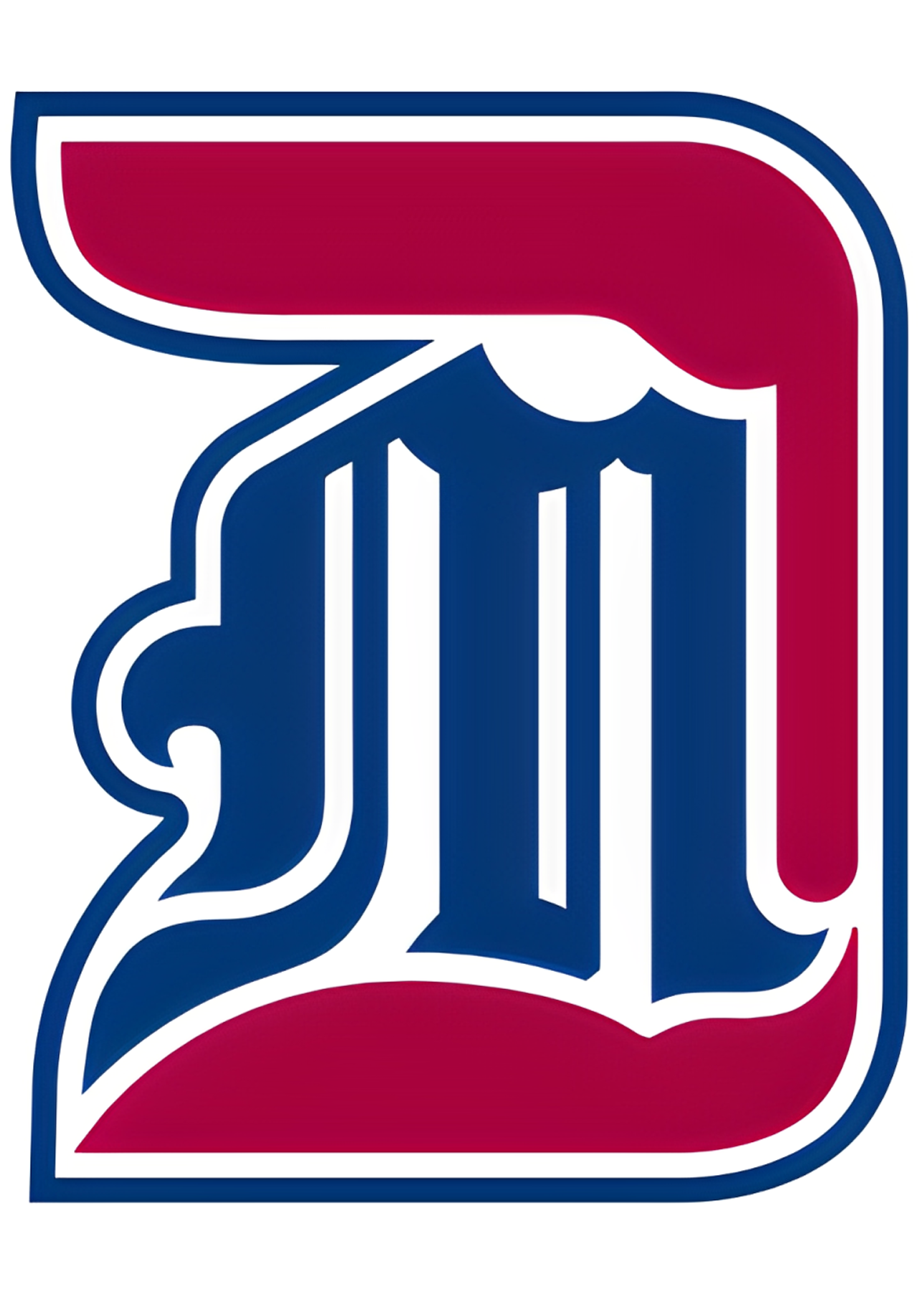
University of Detroit Mercy
Intelligent Score: 98.25In-state: $29,562
Out-of-state: $29,562
In-state: $20,047
Out-of-state: $20,047
SAT: 1050-1260
ACT: 22-27
$953
Online
Higher Learning Commission
30
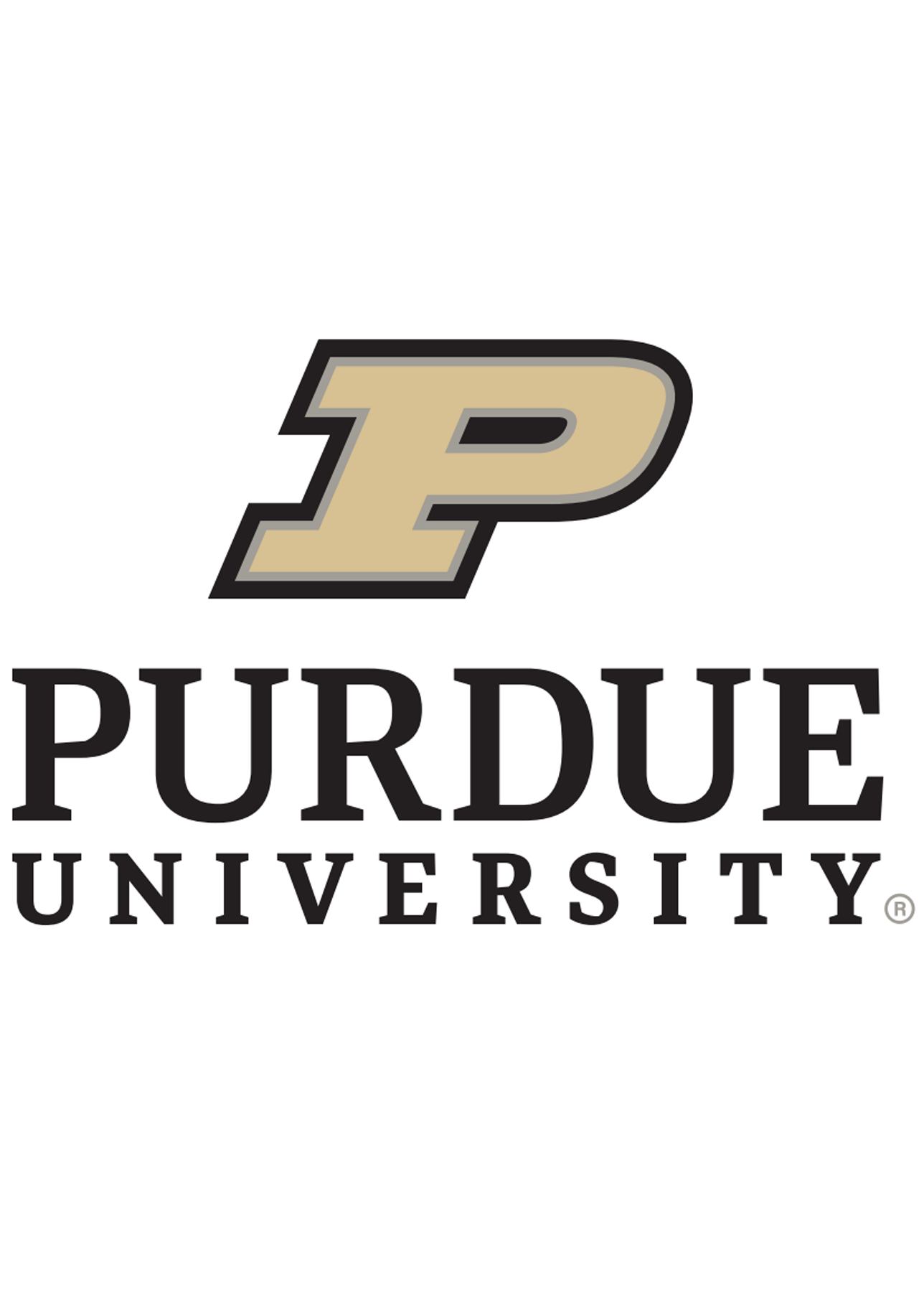
Purdue University
Intelligent Score: 95.87In-state: $9,208
Out-of-state: $28,010
In-state: $9,208
Out-of-state: $9,208
SAT: 1170-1420
ACT: 25-33
In-State: $303
Out-of-State: $891
Online
Association to Advance Collegiate Schools of Business
30

Georgia Southern University
Intelligent Score: 93.58In-state: $4,371
Out-of-state: $15,425
In-state: $4,986
Out-of-state: $4,986
SAT: 993-1170
ACT: 18-24
$358
Online
Southern Association of Colleges and Schools Commission on Colleges
30
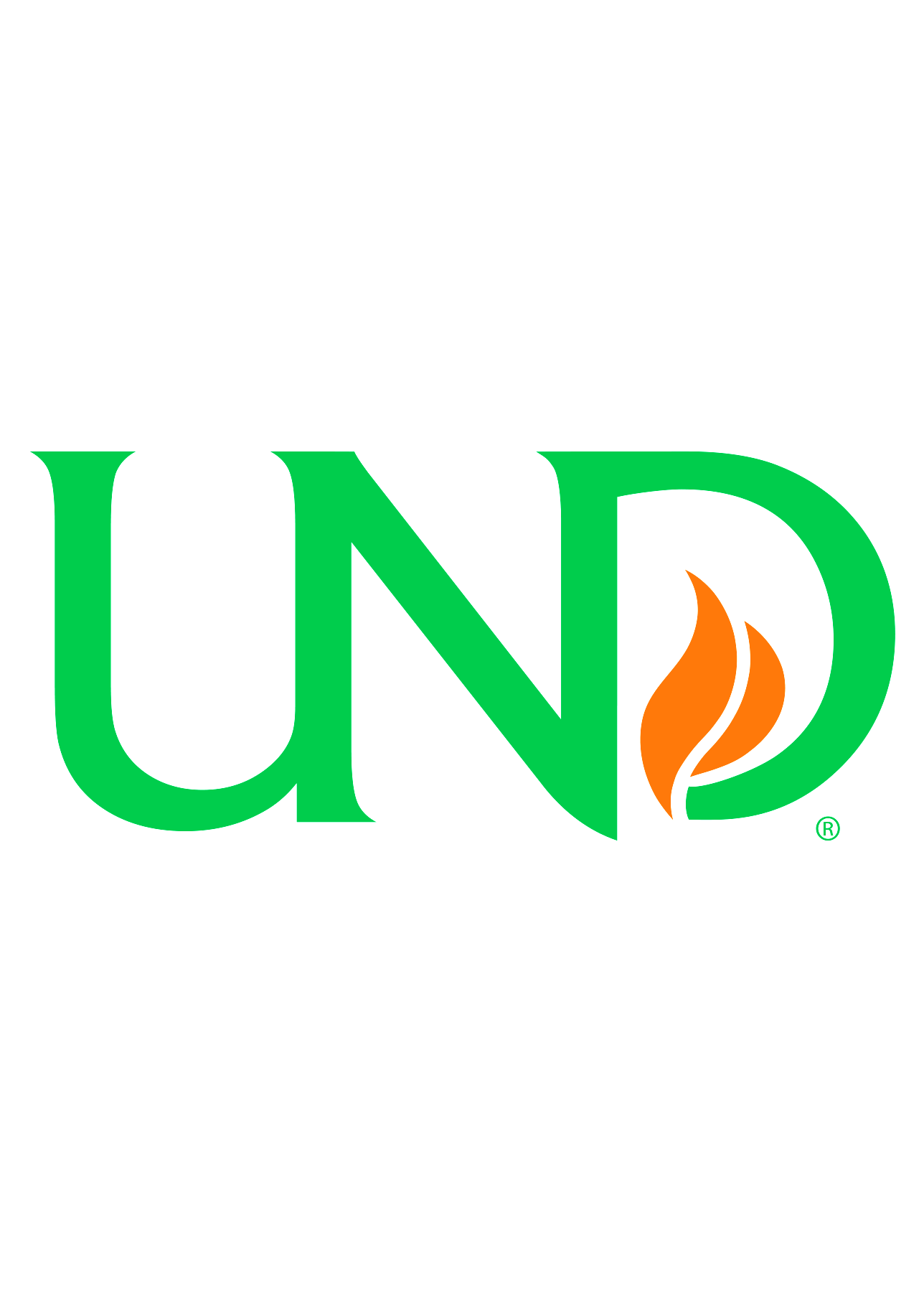
University of North Dakota
Intelligent Score: 93.56In-state: $8,540
Out-of-state: $12,810
In-state: $11,060
Out-of-state: $11,060
SAT: 1000-1230
ACT: 20-27
$510
Online, On-Campus
Association to Advance Collegiate Schools of Business
30
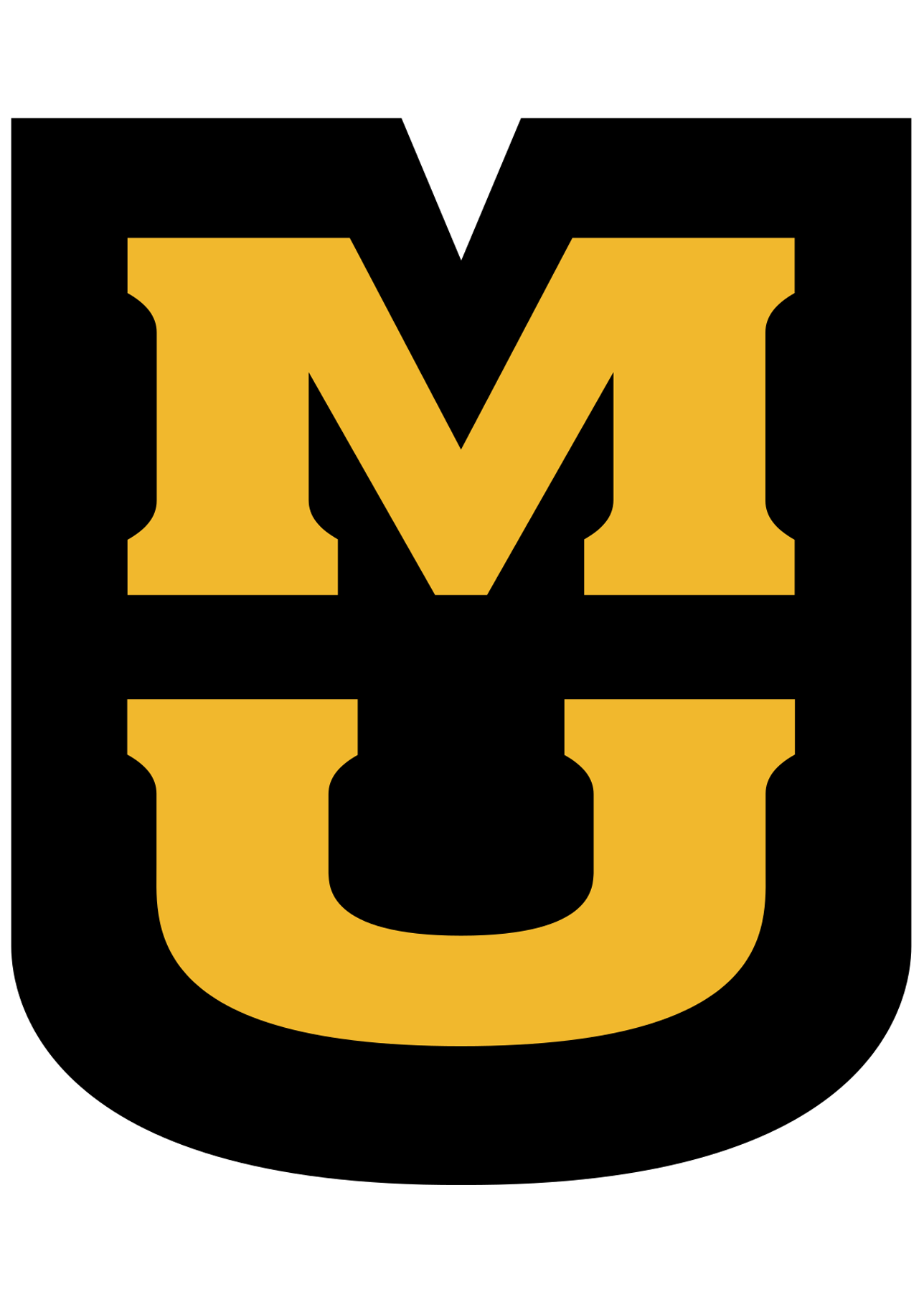
University of Missouri
Intelligent Score: 91.97In-state: $9,330
Out-of-state: $27,612
In-state: $9,478
Out-of-state: $9,478
SAT: 1110-1320
ACT: 23-29
$500
Online
Higher Learning Commission
30

Johns Hopkins University
Intelligent Score: 91.81In-state: $54,160
Out-of-state: $54,160
In-state: $57,010
Out-of-state: $57,010
SAT: 1470-1560
ACT: 34-36
$1,800 - $1,866
Online, On-Campus
Middle States Commission on Higher Education
30
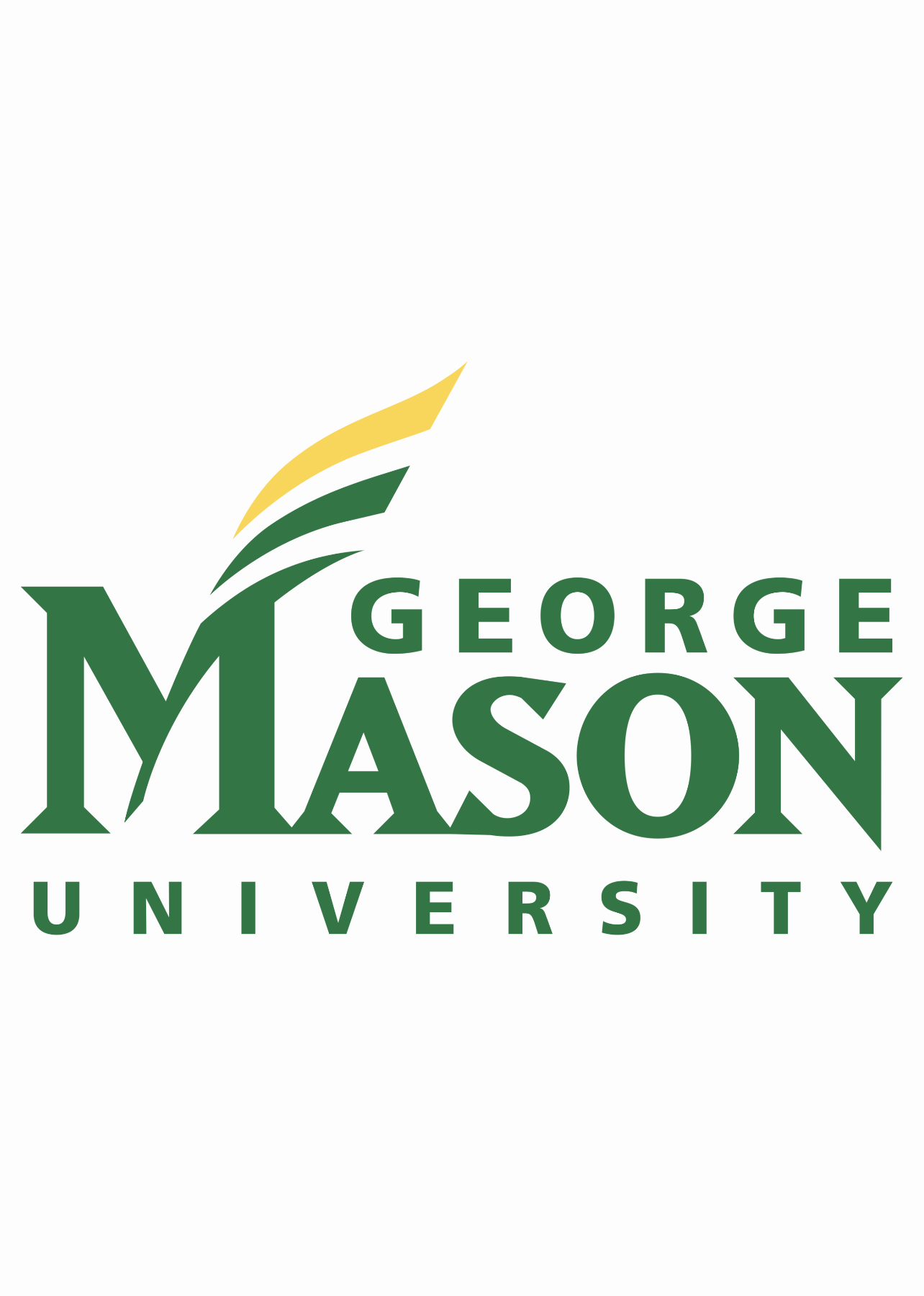
George Mason University
Intelligent Score: 90.67In-state: $9,510
Out-of-state: $32,970
In-state: $12,594
Out-of-state: $12,594
SAT: 1100-1300
ACT: 24-30
$1,065
Online
Southern Association of Colleges and Schools Commission on Colleges
30

Southern New Hampshire University
Intelligent Score: 88.33In-state: $9,600
Out-of-state: $9,600
In-state: $18,810
Out-of-state: $18,810
SAT: N/A
ACT: N/A
$637
Online, On-Campus
New England Commission of Higher Education
36

Ohio University
Intelligent Score: 88.32In-state: $27,574
Out-of-state: $38,254
In-state: $18,138
Out-of-state: $18,138
SAT: 1070-1290
ACT: 22-27
$505
Online
Higher Learning Commission
36
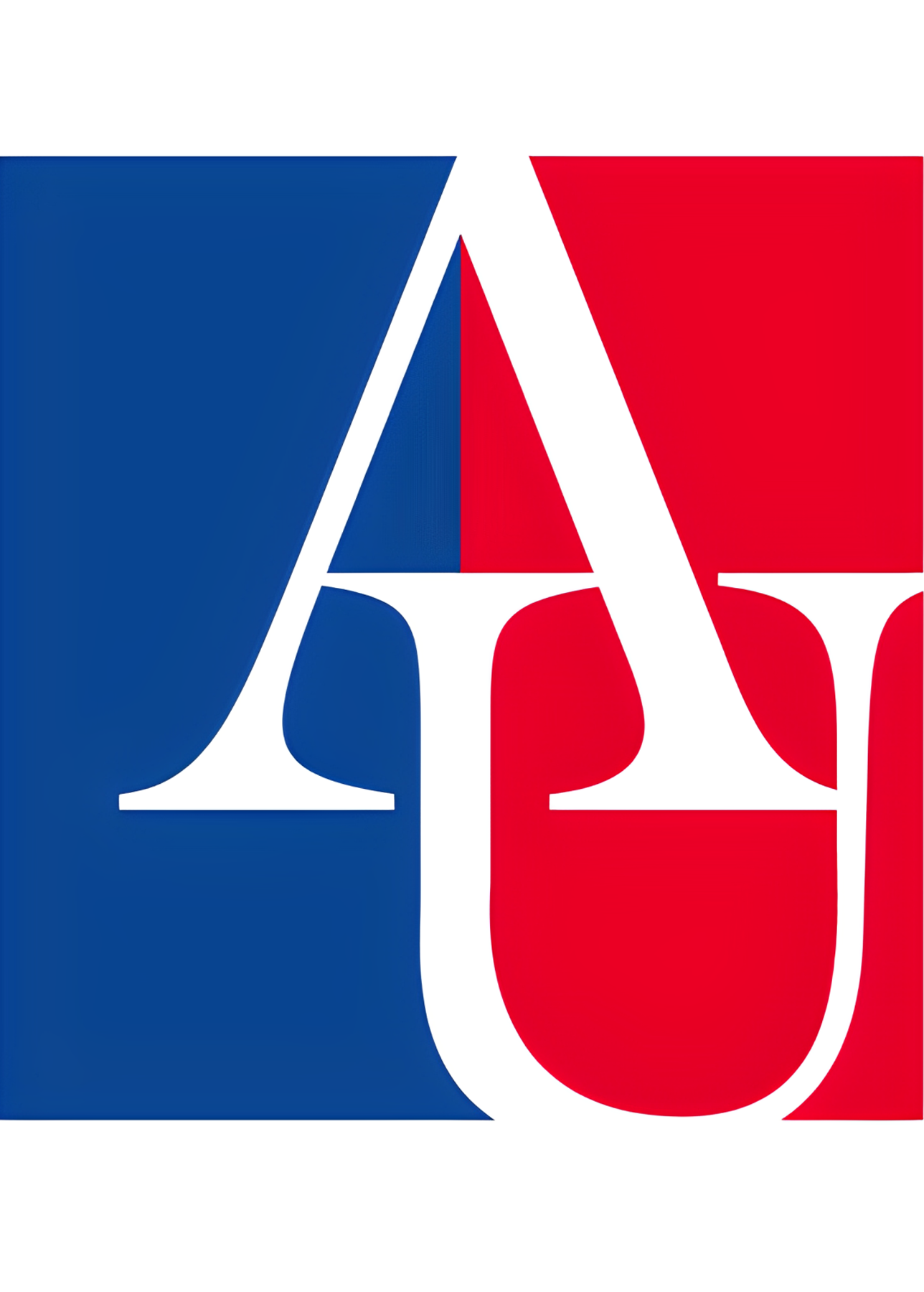
American University
Intelligent Score: 86.64In-state: $50,542
Out-of-state: $50,542
In-state: $34,533
Out-of-state: $34,533
SAT: 1220-1390
ACT: 27-32
$1,922
Online
Middle States Commission on Higher Education
30

West Texas A&M University
Intelligent Score: 86.26In-state: $5,748
Out-of-state: $7,195
In-state: $4,968
Out-of-state: $4,968
SAT: 920-1130
ACT: 18-23
In-State: $339
Out-of-State: $767
Online
Association to Advance Collegiate Schools of Business
36- 45
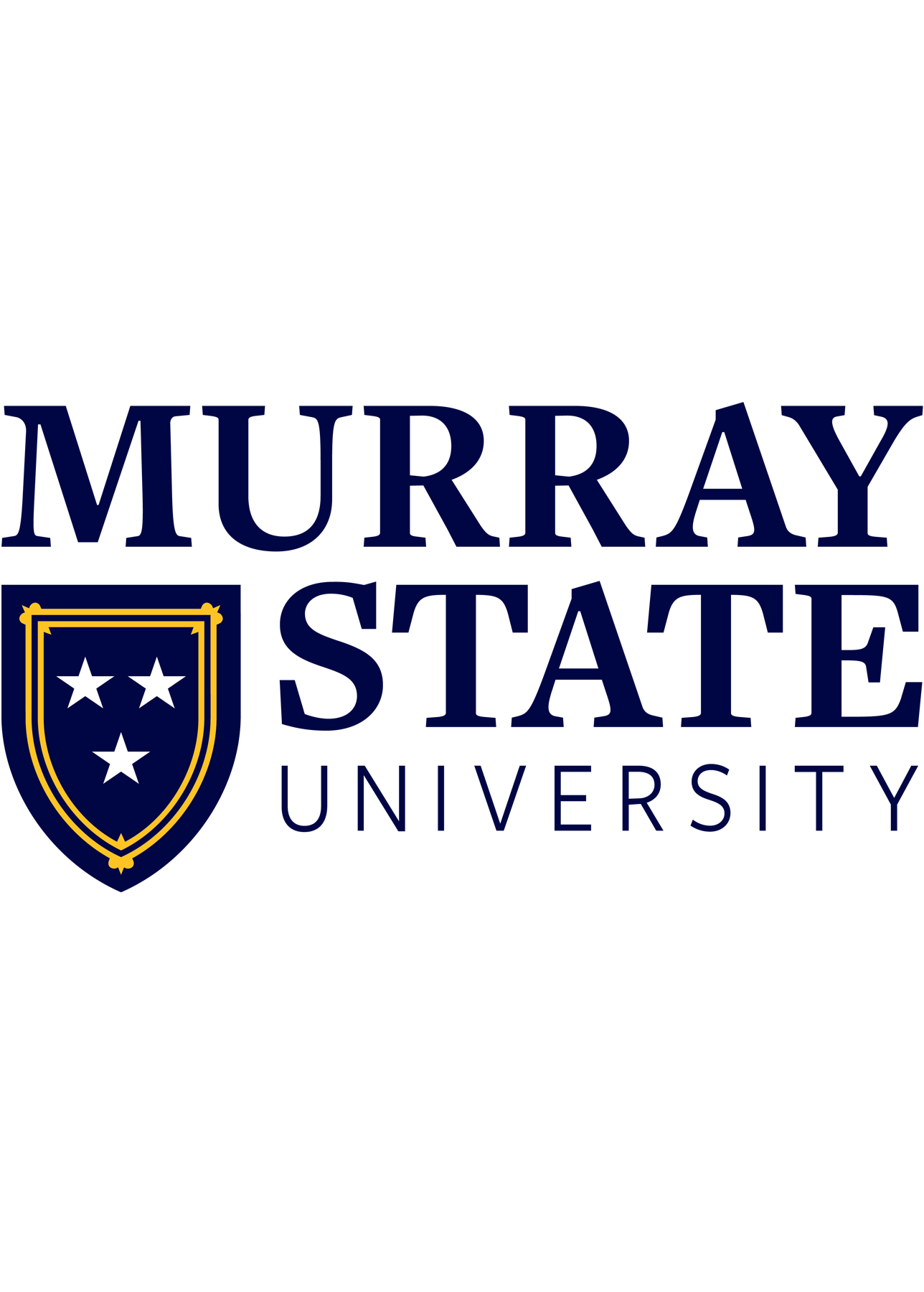
Murray State University
Intelligent Score: 85.94In-state: $7,968
Out-of-state: $17,148
In-state: $7,981
Out-of-state: $7,981
SAT: 1020-1230
ACT: 21-27
$576
Online, On-Campus
Southern Association of Colleges and Schools Commission on Colleges
30

The Chicago School
Intelligent Score: 85.74In-state: $46,796
Out-of-state: $46,796
In-state: $50,636
Out-of-state: $50,636
SAT: Not Required
ACT: Not Required
$1,368
Online
Western Association of Schools and Colleges Senior College and University Commission
40

NM State Global Campus
Intelligent Score: 85.25In-state: $6,041
Out-of-state: $22,507
In-state: $4,981
Out-of-state: $4,981
SAT: 950-1150
ACT: 17-23
$444
Online
Higher Learning Commission
30
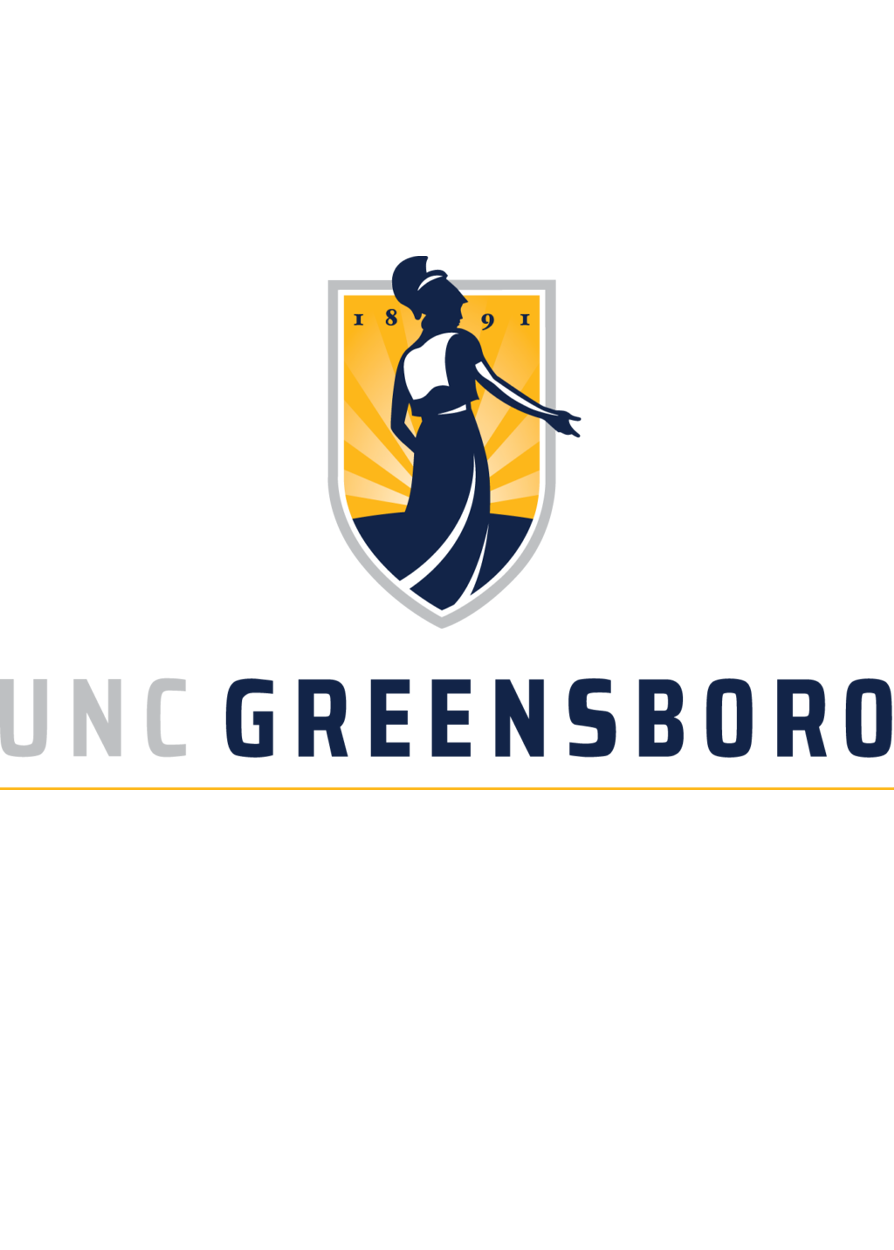
UNC Greensboro
Intelligent Score: 84.95In-state: $17,797
Out-of-state: $34,148
In-state: $20,960
Out-of-state: $20,960
SAT: NA
ACT: NA
In-State: $366
Out-of-State: $1,083
Online
Association to Advance Collegiate Schools of Business
30-33
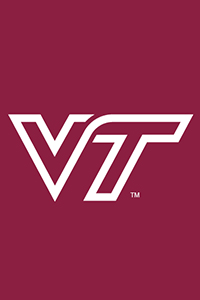
Virginia Tech
Intelligent Score: 83.95In-state: $32,274
Out-of-state: $36,090
In-state: $44,444
Out-of-state: $44,444
SAT: 1210-1410
ACT: 26-32
$1,075
Online
Southern Association of Colleges and Schools Commission on Colleges
30

West Virginia University
Intelligent Score: 82.97In-state: $8,976
Out-of-state: $25,320
In-state: $10,134
Out-of-state: $10,134
SAT: 1030-1230
ACT: 21-27
$965
Online
Higher Learning Commission
30
How to Choose an Online Master’s in Economics Program
Choose your area of study
Economics graduate degrees are available as either a Master of Arts or, more commonly, a Master of Science. The former’s curriculum is more theory-driven, whereas the latter focuses on mathematical and statistical elements.
Online master’s programs in economics follow a general curriculum, though schools offer different concentration or elective options. Common concentrations include applied economics, public economics and policy, global economics, and business economics. These options help you focus your studies around your interests and chosen career path. Be sure to consider which programs best match your career goals when deciding on where you will attend. “Researching the growth opportunities for a career is important,” Pickett says. “Understanding this information is just one factor individuals can use to make a well-informed decision about their career path.”
Research schools and programs
You should only consider institutions that have been approved by a DOE-recognized regional accrediting organization, such as the New England Commission of Higher Education or Northwest Commission on Colleges and Universities. These organizations evaluate schools to ensure they provide students with a high-quality education. Those who attend a school that isn’t regionally accredited may be unable to access financial aid or transfer credits to another institution if needed.
Ideally, your master’s in economics program will also be accredited by a respected industry group like the Association for the Advancement of Collegiate Schools of Business (AACSB) or the Accreditation Council for Business Schools and Programs (ACBSP). These programmatic accrediting organizations have particularly high standards for business education.
After confirming the accreditation status, research the following factors:
- Is there a thesis requirement? Some programs provide an optional thesis track. Writing a thesis is advantageous for those interested in academic research or teaching careers. However, a thesis component can extend the length of your degree.
- What is the faculty-to-student ratio? Look for programs with a low faculty-to-student ratio. This metric directly impacts the quality of online courses and the level of support you can expect to receive from faculty members.
To learn more about any schools that you’re interested in, you can visit their website, contact an admissions counselor, follow the school on social media, or attend an in-person or virtual open house.
Prepare for tests and applications
While not all do, many online master’s in economics programs request GRE or GMAT scores alongside your application. If you struggle with standardized tests, consider enrolling in a test prep course before taking the exam.
Test scores, recommendation letters, personal statements, and transcripts are often required and can take several weeks to receive, so prepare your application materials well before their due date. If you miss the submission deadline, you may need to wait until the subsequent semester to apply.
Before submitting an application, always contact an admissions counselor to ensure you have the most accurate information regarding requirements and deadlines.
Select your program
Once you narrow down the programs you’re interested in, submit your application packet by the deadline. If accepted to more than one of your top choices, consider which program best aligns with your professional goals, personal schedule, and financial commitment. To hold your spot, most programs require an enrollment fee by a specific deadline; this fee can be $1,000 or more.
Before making your final decision, review your needs and goals again. Do you plan to attend school full-time or part-time? Are you only interested in 100% online programs, or are you fine with a hybrid program that has a few in-person requirements? Some programs offer asynchronous courses, which can be completed at your own pace, while others only offer synchronous courses, which involve remotely attending lectures and completing assignments at the same time as other students.
“It’s essential for individuals pursuing online degree programs to understand their learning styles and to have access to adequate technology resources to take their classes,” says Pickett. “These two items are important factors when enrolling in an online degree program.” Your school should accommodate your scheduling needs and learning preferences.
Determine how you’ll pay for your degree
An online master’s in economics can sometimes cost even more than $50,000, though successful graduates are then qualified for high-paying positions. Still, prospective students must consider how they’ll pay the tuition. Many individuals choose to work full-time alongside their degrees. Asynchronous economics programs allow for this scheduling flexibility.
Master’s students should fill out the FAFSA form to determine whether they qualify for federal assistance. It would help if you also met with your school’s financial aid counselor to discuss your payment options. While uncommon, some programs offer scholarships or other funding opportunities for which you might be eligible. Students who served in the military or have family members who served might also qualify for veteran tuition benefits. Those who already work in the field should see if their employer offers tuition assistance benefits as well.
Potential courses you’ll take in an online master’s in economics program
- Applied Macroeconomics. Students study modern economic theories and policies, focusing on inflation, unemployment, and interest rates.
- Econometrics. Students learn how to apply statistical analysis to economic data. Participants will then discuss common errors when employing regression methods.
- Economics of International Trade. This course studies international trade through the lens of microeconomics theory. Students discuss complex concepts, including facilitating trade with less developed countries.
- Introduction to Game Theory. This data science course introduces students to basic game theory and its potential applications to economics, business, and political science.
What Can You Do With an Online Master’s in Economics?
Career outlook
The career outlook for individuals holding an online master’s degree in economics is promising, as economics plays a crucial role in shaping global markets, policy decisions, and business strategies. Many of the occupations related to this field are growing at a fast rate and offer particularly high salaries.
Indeed, graduates with a master’s in economics are in high demand across various sectors due to their analytical skills and expertise in understanding complex economic dynamics. Here are some potential career options for individuals with this degree:
- Economist — Conduct research on economic issues and provide expert advice to government agencies and other organizations.
- Median annual salary: $113,940
- Projected employment growth (through 2032): 6%
- New job openings projected: 1,200 annually
- Financial analyst — Study economic trends and recommend investments to organizations and individuals.
- Median annual salary: $96,220
- Projected employment growth (through 2032): 8%
- New job openings projected: 27,400 annually
- Management analyst — Advise organizations on how to increase revenue and reduce expenses.
- Median annual salary: $95,290
- Projected employment growth (through 2032): 10%
- New job openings projected: 92,900 annually
Online Master’s in Economics Degree Frequently Asked Questions
How do I apply to an online master's in economics degree program?
Each institution will outline its application requirements on its program website. Contact an admissions counselor for specific questions not answered on the admissions page. A typical application for an online master’s in economics degree requires the following materials:
- A graduate school admission application
- Undergraduate transcripts
- A resume
- A personal statement
- Letters of recommendation
- Standardized test scores (GMAT or GRE), if applicable
- An application fee
To be eligible for most programs, your undergraduate GPA must meet the school’s minimum requirement (typically 2.8 or better). Your undergraduate grades in prerequisite economics courses must also be a B or better.
How much does an online master's in economics degree cost?
Online master’s in economics programs tend to cost somewhere between $15,000 to $50,000. Private schools usually charge much more than public schools. At public schools, the main factor affecting sticker price is your residency status, as out-of-state students are typically charged higher tuition rates than in-state students.
How long does it take to earn an online master's in economics degree?
Online economics degrees require the same time commitment as a traditional in-person degree. For most programs, the coursework between the delivery formats is similar. However, for asynchronous self-guided programs, students could complete their requirements faster than an in-person model. All told, a full-time student attending an online master’s in economics program will need between 12 to 24 months to complete their course of study (including a capstone or thesis component). Part-time students may need between three to five years to graduate.
Is an online master's in economics worth it?
Pursuing an online master’s in economics offers a wide range of benefits for individuals seeking to make a meaningful impact in the realm of economics and beyond.
An online master’s in economics offers flexibility and convenience, allowing you to balance studies with professional and personal commitments. It equips you with analytical prowess, data interpretation skills, and economic insights that are applicable across multiple industries, from finance and policy analysis to consulting and research.
Considering the robust demand for economists, favorable earning potential, and the opportunity to influence economic decisions, pursuing an online master’s in economics is a valuable investment that can lead to a fulfilling and impactful career.
Read More about Online Master’s in Economics Degree Programs
Compare School Options
Related Degrees
- Sustainability
- Accounting
- International Business
- Training and Development
- Emergency Management
- Logistics
- Sports Management
- Business Administration
- Hotel and Restaurant Management
- Healthcare Management
